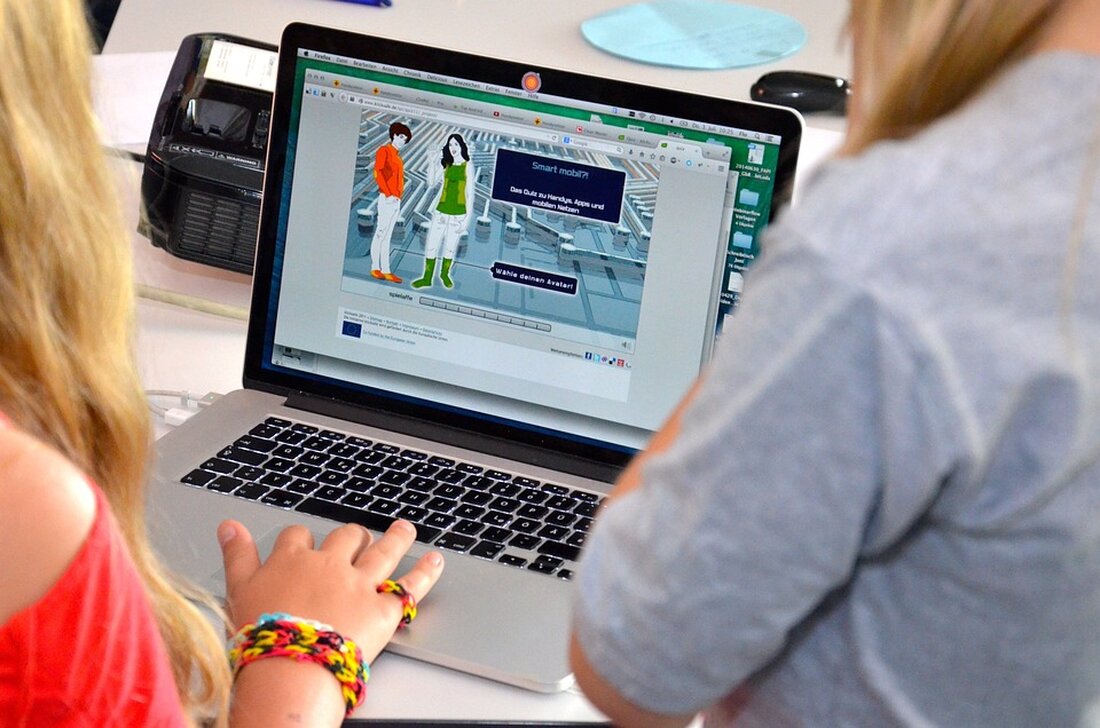Media literacy for students: New Toolkits from dpa against false information
Discover how DPA's factual team supports the "Think Twice" Toolkits Schools to sensitize young people to the competent use of social media. These free materials offer teachers the opportunity to promote media literacy and to counter false information. Find out more about the available resources and upcoming workshops.

Media literacy for students: New Toolkits from dpa against false information
importance of media literacy: DPA initiative "Think Twice" strengthens young people
In a time when social networks such as TikK and Instagram inform and influence millions of users every day, the ability to critically question information is essential. False reports spread at an alarming speed and can significantly distort the public opinion. For this reason, the fact-checking team of the German Press Agency (dpa) has launched an initiative, which is specifically aimed at schools and educational institutions. The “Think Twice” program aims to promote the media literacy of young people and to give them tools to move independently in the digital world.
The initiative includes five comprehensive tool kits that were created in a social media style and each contain an accompanying teaching material. These materials are available free of charge on the platform of the Hamburg Open Online University (HOOU) and at www.stop-thinktwice-check.de. The program is not only accessible in German, but also in Finnish and Catalan to achieve a broader target group.
Another fascinating aspect of "Think Twice" is the planned expansion of the toolkits. These should not only provide information, but also work directly with the users. As part of Workshops, Generation Z adolescents are enabled to create their own videos, in which they bring in fact checks and tips on media literacy. This not only promotes critical thinking, but also creative forms of expression in dealing with digital media.
To achieve even more people, dpa organizes an English-language online workshop entitled "Media Literacy on Tiktok-(How) Does Work? Video Lessons and Media Literacy Toolkits" on September 19. This event aims to bring together an international community of interested parties and to promote exchange about media literacy.
The project has a far -reaching meaning: given the flood of information that pounds on us every day, it is becoming increasingly important to distinguish between truth and falsification. Teaching the necessary knowledge and skills to young people is crucial for an informed society, especially at a time when emotional language and manipulative algorithms often gain the upper hand.
In the final phase of the project, which is planned in autumn 2025, a free white paper will be published that summarizes the most important findings. This document is intended to help schools and other institutions to use the experiences gained in order to further strengthen media literacy in their educational programs.
The factual check team of the dpa remains active and regularly informs about false news and tips on media literacy on social media channels. These ongoing efforts illustrate the commitment of dpa for a well -founded information culture and the promotion of critical thinking in society.

 Suche
Suche
 Mein Konto
Mein Konto
